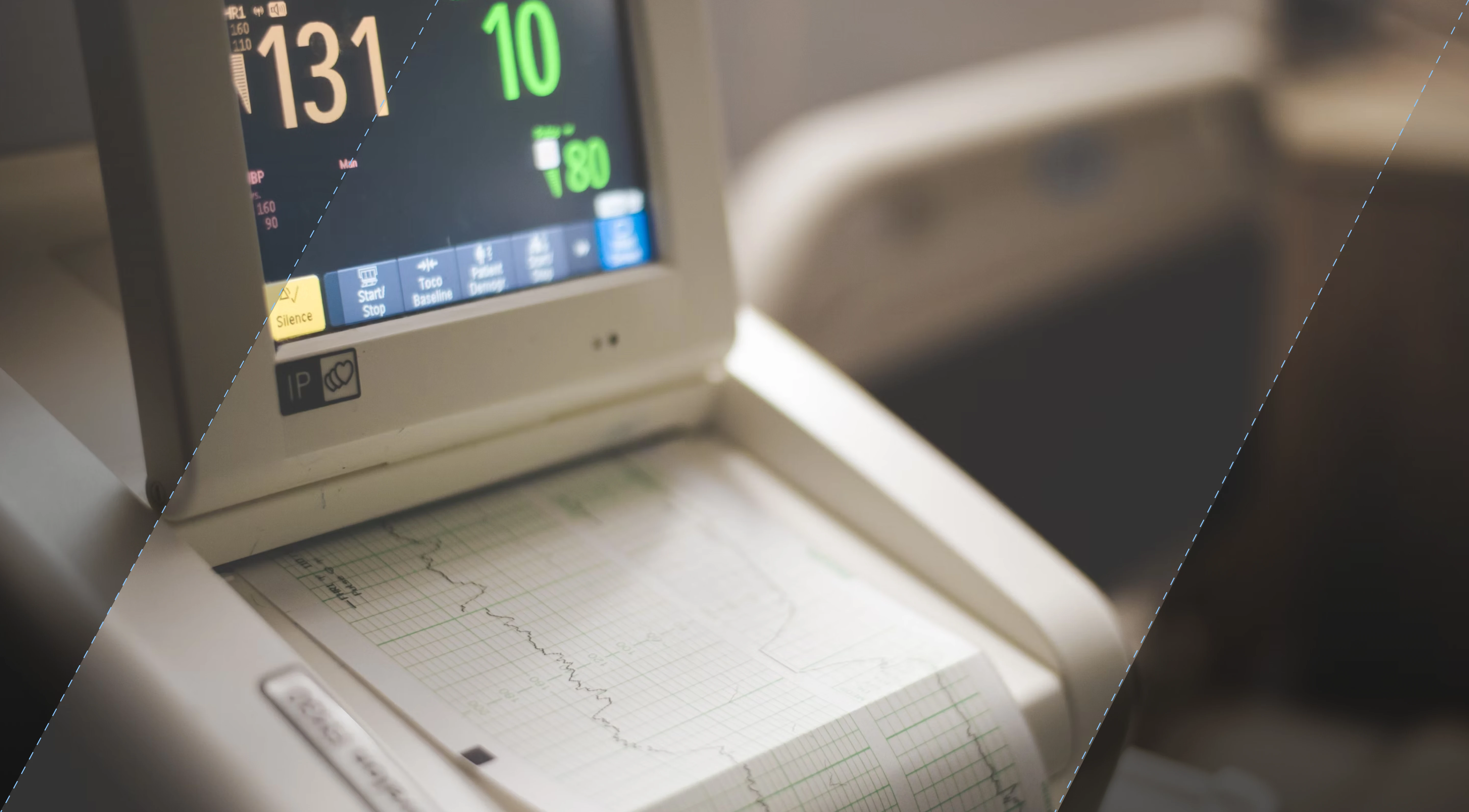Contents
Contents
Introduction
In the evolving landscape of healthcare technology, two terms often come up: Electronic Health Records (EHR) and Personal Health Records (PHR). While they both play crucial roles in modern healthcare, they serve different purposes and are designed for different users. Understanding the differences between EHR and PHR is essential for healthcare professionals, patients, and technology providers.
Key Takeaways
- EHRs are digital versions of patients’ medical records maintained by healthcare providers.
- PHRs are health records initiated and maintained by individuals.
- Both EHR and PHR improve healthcare management but differ in accessibility, control, and scope.
What is an Electronic Health Record (EHR)?
An Electronic Health Record (EHR) is a digital record of a patient’s medical history, maintained by the healthcare provider over time. It includes all the key administrative clinical data relevant to that person’s care under a particular provider, including demographics, progress notes, problems, medications, vital signs, past medical history, immunizations, laboratory data, and radiology reports.
Benefits of EHR
- Improved Patient Care: EHRs provide real-time, patient-centered records that make information available instantly and securely to authorized users.
- Efficiency and Consistency: Streamlines the clinician’s workflow and reduces medical errors.
- Data Tracking Over Time: Helps providers identify patients due for preventive visits and screenings.
What is a Personal Health Record (PHR)?
A Personal Health Record (PHR) is an electronic application through which individuals can maintain and manage their health information (and that of others for whom they are authorized) in a private, secure, and confidential environment. PHRs are distinct from EHRs, which are the legal record of what happened during healthcare delivery.
Benefits of PHR
- Empowers Patients: Gives patients a more active role in their healthcare by providing access to their health information.
- Portable and Accessible: Can be accessed from anywhere, facilitating communication with various healthcare providers.
- Customization and Control: Patients can include information like exercise routines, family history, and even data from home-monitoring devices.
EHR vs. PHR: Understanding the Differences
Ownership and Control:
- EHR: Controlled by healthcare providers.
- PHR: Initiated and maintained by the individual.
Purpose and Usage:
- EHR: Used by healthcare providers for diagnosis and treatment.
- PHR: Used by individuals to track and monitor their health information.
Accessibility:
- EHR: Generally, only accessible by healthcare providers and staff.
- PHR: Accessible by the patient and anyone else they choose to share it with.
Interoperability:
- EHR: This can be shared among different healthcare systems with patient consent.
- PHR: Portable and can be shared by the patient with various healthcare providers.
Conclusion
EHRs and PHRs are both vital in modern healthcare management, offering digital solutions for keeping track of health information. EHRs focus on the clinical aspect and are maintained by healthcare providers, while PHRs are controlled by the patients, giving them a powerful tool to manage their personal health data. Understanding these differences is key to leveraging their benefits effectively.
If you are looking for help implementing an EHR, Flatirons provides custom healthcare software services.
FAQs
Can information from an EHR be transferred to a PHR?
- Yes, patients can often download or transfer information from their EHRs to their PHRs.
Is the data in PHRs secure?
- PHRs typically have strong security measures, but it is up to the individual to maintain privacy and control access.
Who can benefit from using a PHR?
- Anyone who wants to take an active role in managing their health, especially those with chronic conditions or those managing health information for multiple family members.
Do all healthcare providers use EHRs?
- Most healthcare providers have adopted EHRs, especially since the implementation of various health IT regulations. However, some smaller practices may still be in the process of transitioning.
How can PHRs improve healthcare outcomes?
- By giving patients more control and knowledge about their health, PHRs can lead to more informed decisions, better patient-provider communication, and increased adherence to treatment plans.
Expert Healthcare Software Development Services
Flatirons provides top-rated healthcare software development services.
Get the CEO's Take
Handpicked tech insights and trends from our CEO.
Expert Healthcare Software Development Services
Flatirons provides top-rated healthcare software development services.
Get the CEO's Take
Handpicked tech insights and trends from our CEO.

CRM for Healthcare – Streamlined Patient Management
Flatirons
Jan 29, 2025
Streamline Your Healthcare Practice with EHR Integration
Flatirons
Nov 18, 2024
Top Mobile App Development Companies in California for 2025
Flatirons
Oct 29, 2024
Healthcare CRM: HIPAA Compliant 2025
Flatirons
Aug 16, 2024
Crafting a Winning Data Engineer Resume
Flatirons
Jul 04, 2024
Top Programming Languages for Healthcare Software Development
Flatirons
May 16, 2024